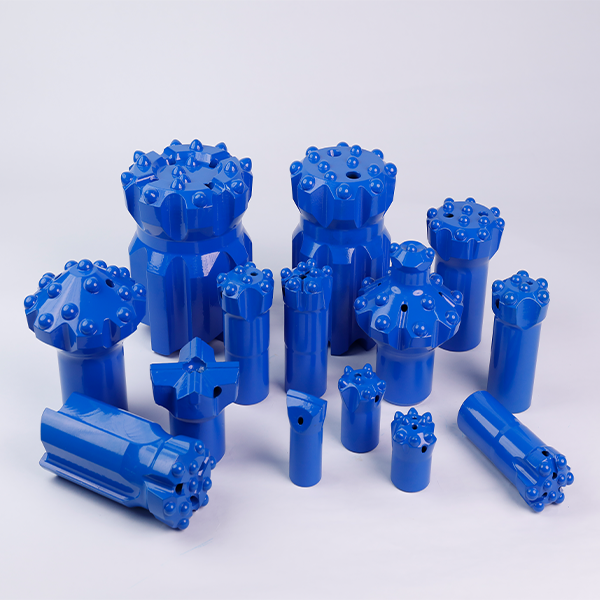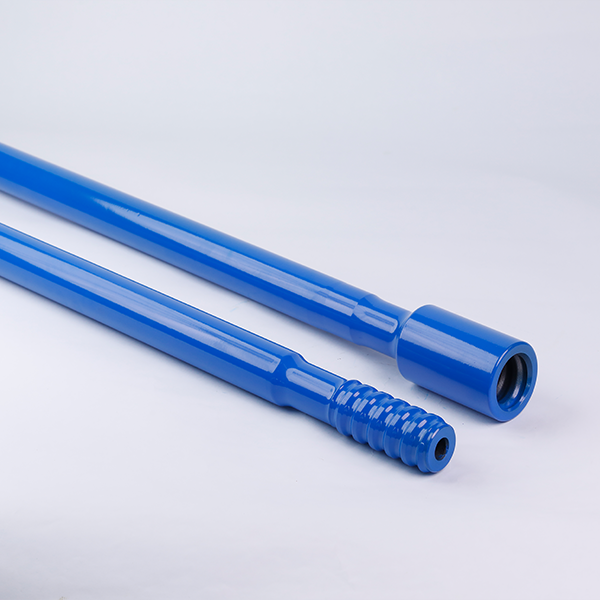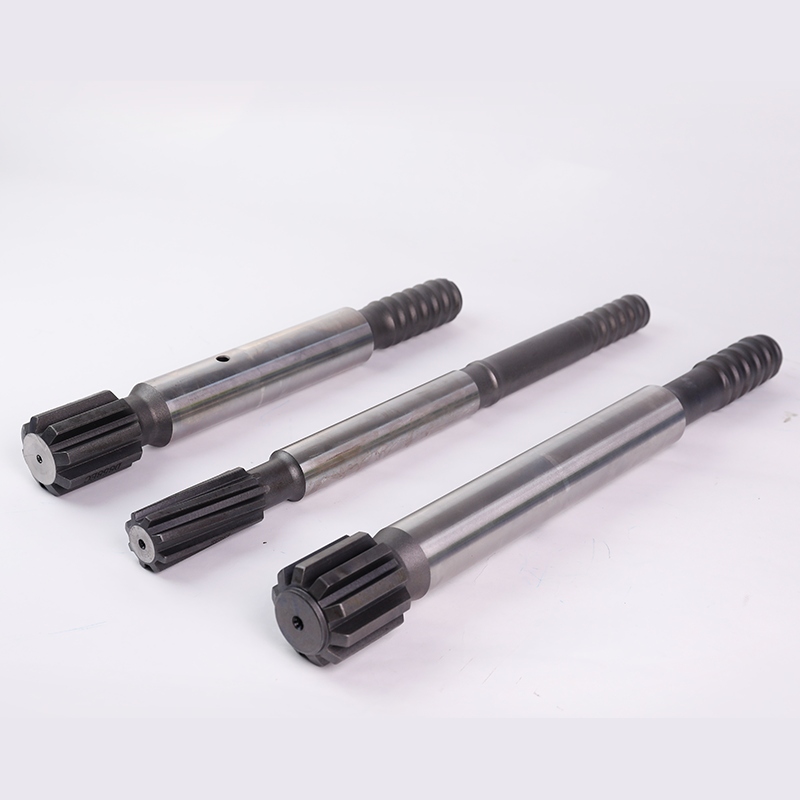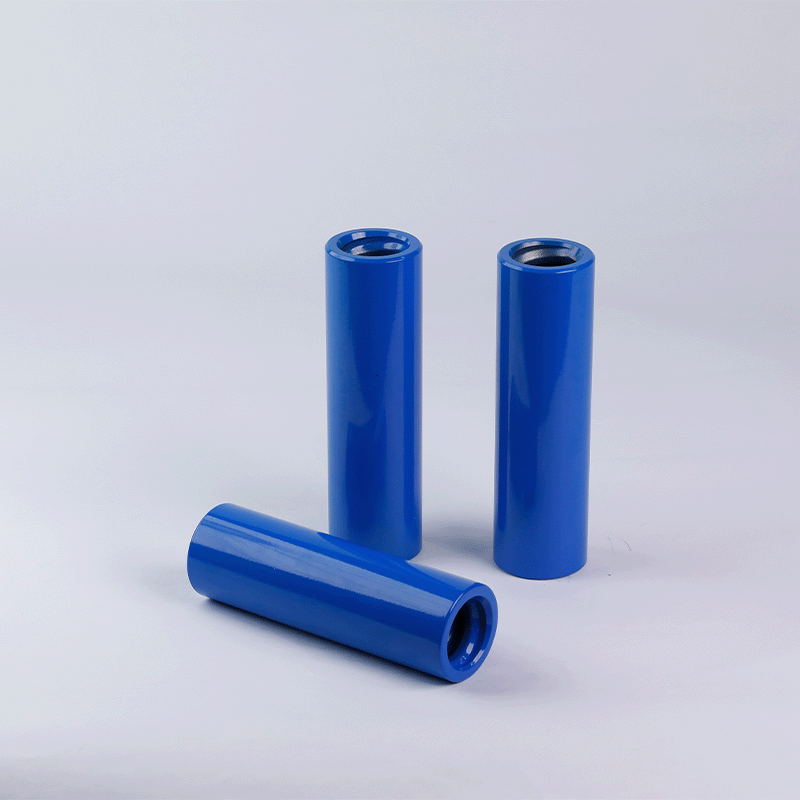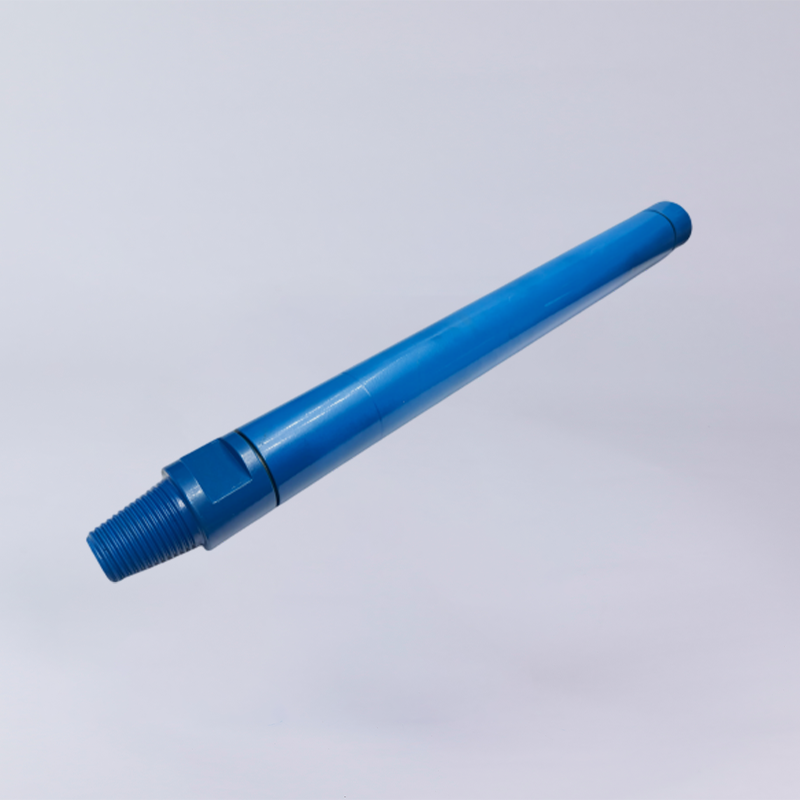Cemented carbide, also known as tungsten carbide, is a high-performance material composed primarily of tungsten and carbon, combined with a binder metal such as cobalt. This unique composite is renowned for its exceptional hardness, wear resistance, and heat resistance, making it a crucial element in many industries. It’s used to create cutting-edge tools, wear parts, and machinery components that operate under extreme conditions.
The term “teeth of industry” is a fitting metaphor for cemented carbide. Its unmatched hardness and durability enable it to cut, drill, and grind through tough surfaces in sectors ranging from mining to manufacturing. It acts as the backbone of many industrial processes, ensuring efficiency and longevity.
From mining and construction to precision engineering and aerospace, cemented carbide plays a pivotal role across diverse industrial applications. Its versatility makes it indispensable for tools and machinery that endure constant wear and tear, ensuring that industries can keep functioning at optimal levels.
What Is Cemented Carbide?
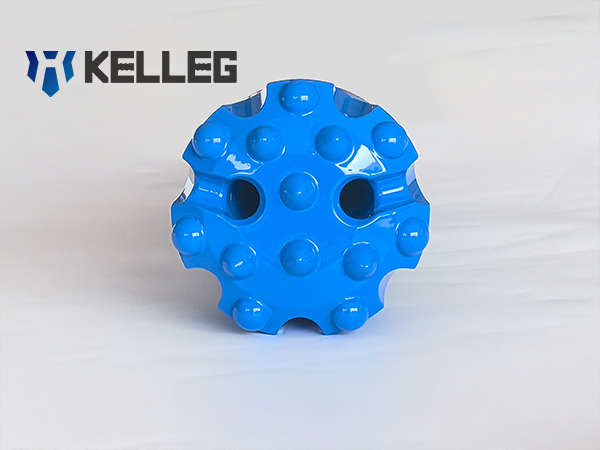
Cemented carbide refers to an alloy material made of refractory metal hard compound (mainly Tungsten Carbide) and bonding metal (mainly Cobalt) through a powder metallurgy process.
Cemented carbide has a series of excellent properties such as high hardness, wear resistance, heat resistance, corrosion resistance, strength, and toughness. It has high hardness and abrasion resistance, which can remain basically unchanged at 500°C, and still has a high hardness at 1000°C.
Applications
The excellent properties of cemented carbide make it very widely used. The main usages are:
- Cutting tools: Cemented carbide can be used as a variety of cutting tools. The amount of cemented carbide for cutting tools in China accounts for about 1/3 of the entire cemented carbide output, of which about 78% is used for welding blade tools, and about 22% for rotary cutters. In addition, there are cutting tools such as solid carbide drill bits, solid carbide small circular saw blades, and solid carbide micro drill bits.
- Geological mining tools: Geological mining tools are also a major use of cemented carbide. Geology cemented carbides account is about 25% of the total cemented carbides in China. They are mainly used for drill bits for percussion drilling, drill bits for geological exploration, DTH drills for mining and oilfield, and percussion drills for the building materials industry. The cemented carbide used for various molds accounts for about 8% of the total cemented carbide production.
- Structure and wear parts: Cemented carbide can be used to manufacture structural parts, such as rotating seal rings, compressor pistons, lathe chucks, and grinding machine spindles. It can also be made into wear-resistant parts, like nozzles, guide rails, plungers, tire cleats, snowplow boards, etc.
- High-pressure and high-temperature resistance cavity: The most important use is to produce top hammer for synthetic diamond, pressure cylinder, and other products.
- Other uses: Cemented carbide has become more and more widely used, and has been continuously expanded in civilian fields in recent years, such as watch chain cases, zipper heads of high-end luggage, and cemented carbide trademarks.
Benefits of Using Cemented Carbide
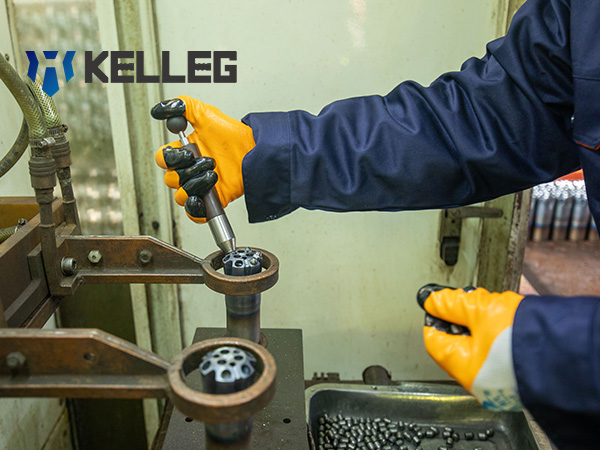
Cemented carbide offers several key advantages that make it the preferred material for demanding industrial applications. From extending equipment life to improving operational efficiency, its benefits are measurable and impactful across sectors.
Extended Tool Life
Cemented carbide tools are significantly more durable than those made from traditional steel or other materials. Their extreme hardness and resistance to abrasion allow them to maintain sharpness and structural integrity over long periods, even in harsh environments. This translates to fewer tool replacements and lower inventory costs.
Reduced Downtime
With carbide tools lasting longer and requiring fewer replacements, production interruptions are minimized. This leads to higher equipment uptime, streamlined operations, and fewer maintenance-related delays — all of which are critical in high-output industries like mining, metalworking, and construction.
Higher Machining Accuracy and Speed
Cemented carbide enables high-speed machining with exceptional precision. Its stability under heat and pressure reduces deformation, allowing for cleaner cuts and tighter tolerances. This results in better surface finishes and improved product quality, especially in industries that require high dimensional accuracy.
Choosing the Right Cemented Carbide Products
Selecting the right cemented carbide product is crucial to achieving optimal performance, efficiency, and longevity in industrial operations. With various grades and formulations available, understanding the key selection factors can help ensure that the product meets your specific operational requirements.
Key Factors to Consider
- Hardness: Higher hardness improves wear resistance, making it ideal for high-speed cutting or abrasive environments. However, it may come at the cost of brittleness.
- Toughness: Tougher grades of cemented carbide can absorb impact and resist breakage, which is essential in applications involving heavy shock loads or interrupted cuts.
- Grain Size: Fine-grained carbide offers better hardness and surface finish, while coarse-grained materials provide improved toughness and thermal resistance. The right balance depends on the application.
Application-Specific Customization
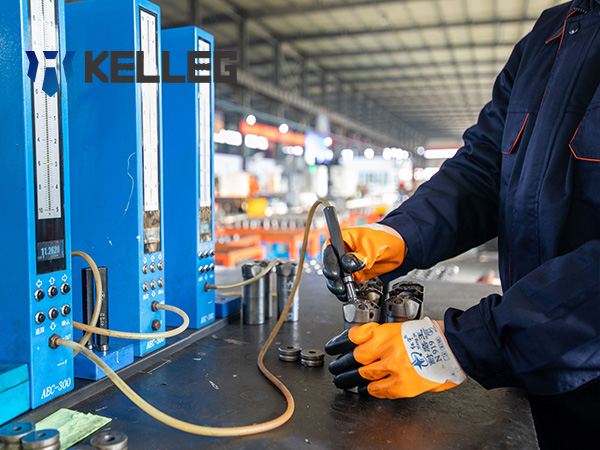
Different industries and tasks demand tailored carbide compositions. For example:
Mining drill bits require high impact resistance and erosion protection.
Precision cutting tools benefit from ultra-fine grain carbides with coatings.
Construction tools may need a balance of toughness and abrasion resistance.
Manufacturers often offer custom grades and geometries based on specific working conditions, materials being processed, and performance goals.
Supplier Quality and Technical Support
A reliable supplier does more than deliver materials — they provide engineering insight, consistent product quality, and after-sales technical support. Choosing a supplier with proven experience in your industry ensures you receive carbide solutions optimized for your challenges, helping you avoid premature wear, equipment failure, or production inefficiencies.
Conclusion
Cemented carbide truly lives up to its reputation as the "teeth of industry." Its unmatched hardness, durability, and resistance to wear make it an essential material across a wide range of sectors — from mining and construction to precision machining and aerospace. Whether it's used in drill bits that cut through solid rock or cutting tools that deliver micron-level accuracy, cemented carbide consistently drives efficiency, reliability, and long-term cost savings.
As industries continue to demand faster production, higher precision, and tougher materials, cemented carbide will remain at the core of technological advancement. Choosing the right carbide solutions — tailored to your application and backed by expert support — can significantly boost performance and productivity.

